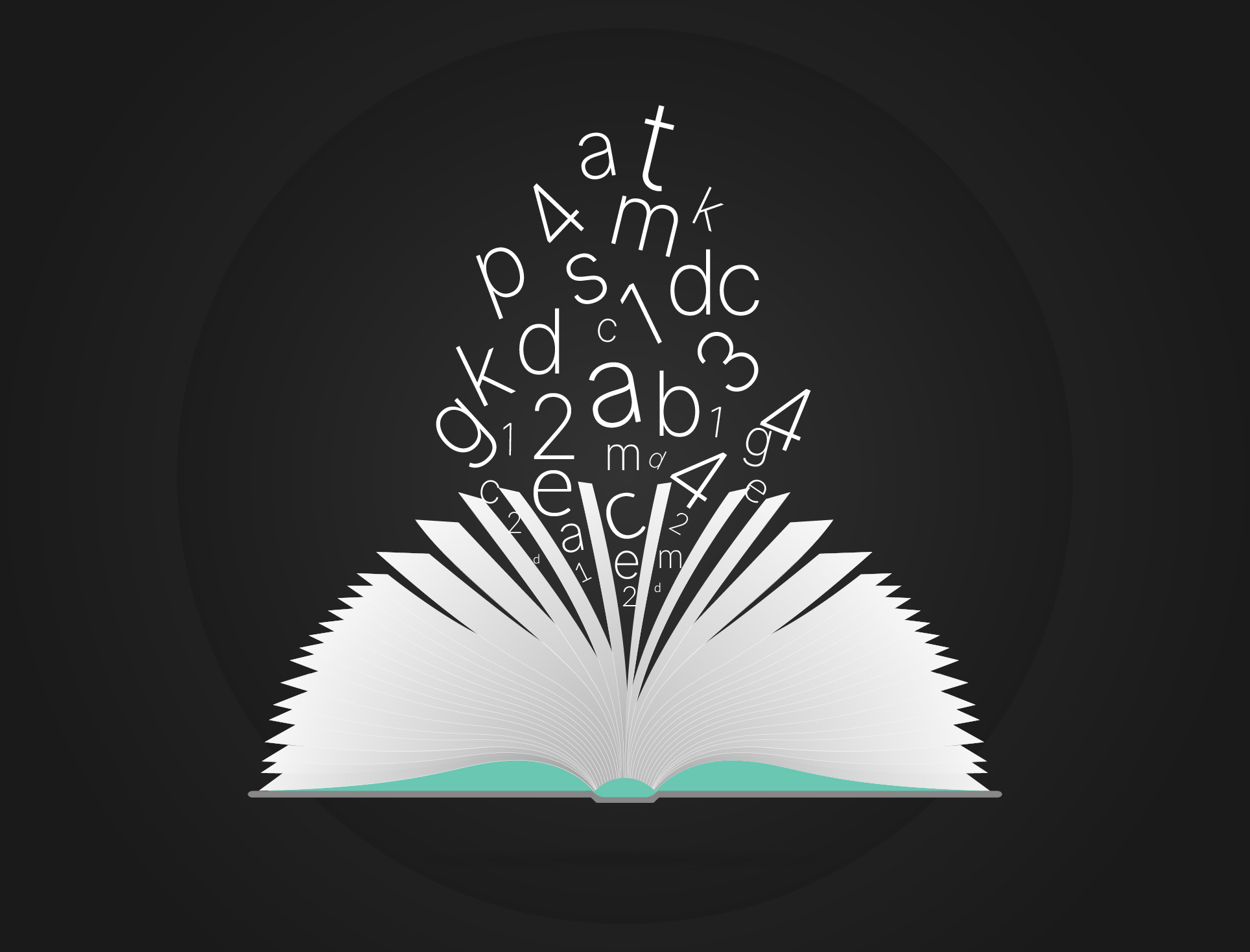AI Dictionary - A to E

Artificial Intelligence has taken the tech world by storm. In 2024 it keeps growing at a rapid pace, with a plethora of new solutions that both fascinate and alarm many. Truth be told, if we wish to go any further learn more about it, it’s time to master our AI lingo.
That’s why in today’s article we bring you a few key definitions to walk you through your journey of knowledge about AI.
Let’s get to it!
Artificial intelligence (AI)
AI is the simulation of human intelligence processes by computer systems.
Artificial General Intelligence (AGI)
AGI is a machine that can perform any intellectual task that a human can. AGI is a category of AI. There are no current AI systems that count as AGI, though some claim that recent technologies, such as GPT-4, come close.
Algorithm
A set of rules or procedures for solving a problem or accomplishing a task.
BERT (aka Bidirectional Encoder Representation from Transformers)
A deep learning model in which every output element is connected to every input element, and the weightings between them are dynamically calculated based upon their connection.
Back propagation
A method used in training neural networks, adjusting the weights by calculating the gradient of the loss function.
Bias
Google’s technology. A large-scale pre-trained model that is first trained on very large amounts of unannotated data. The model is then transferred to an NLP task where it is fed another smaller task-specific dataset which is used to fine-tune the final model.
Black box AI
Black box AI systems' operations are not visible. The user provides input, and the machine provides an output. But the exact steps the machine took to arrive at the response are opaque. Explainable AI is the antithesis of black box AI. Its exact logic and operations are transparent.
Chatbot
A chatbot is an AI-powered tool designed to communicate with people in a conversational way. ChatGPT is an example of a chatbot. Generative AI chatbots are sometimes used as an alternative to search engines for information retrieval.
Convolutional neural network (CNN)
A deep learning class of neural networks with one or more layers used for image recognition and processing.
Corpus
A corpus is a large data set of written or spoken words that is used to train language models.
CoPilot
Copilot is the brand name of Microsoft's suite of AI-assisted workplace products.
Data Drift
Data Drift occurs when the distribution of the input data changes over time; this is also known as covariate shift.
Data mining
Data mining is the process of sorting through large data sets to identify patterns that can improve models or solve problems.
Data Science
Data science is an interdisciplinary field of technology that uses algorithms and processes to gather and analyze large amounts of data to uncover patterns and insights that inform business decisions.
Deep Learning
Deep learning is part of a broader family of machine learning methods based on artificial neural networks with representation learning. In other words, deep learning models can learn to classify concepts from images, text or sound.
Edge AI
The deployment of artificial intelligence algorithms and models on edge devices, such as smartphones, IoT devices, or embedded systems, enabling real-time processing and decision-making without relying on cloud or centralized servers.
Ensemble Learning
A machine learning approach that combines multiple individual models (weak learners) to create a stronger, more accurate predictive model by aggregating their predictions or decisions.
Ethics in AI Development and Deployment
The consideration and adherence to ethical principles, values, and guidelines in the design, development, and deployment of artificial intelligence systems, ensuring responsible and accountable AI practices.
Exploration-Exploitation Tradeoff
The dilemma faced by reinforcement learning agents between exploring new actions or states to gather more information and exploiting known
actions or states to maximize immediate rewards.
Explainable AI (XAI)
The field of research and techniques focused on developing interpretability and explainability in artificial intelligence systems, enabling users to understand and trust the decision-making processes of complex models.
Stay tuned for the second part of this dictionary or Download the FULL DICTIONARY HERE
